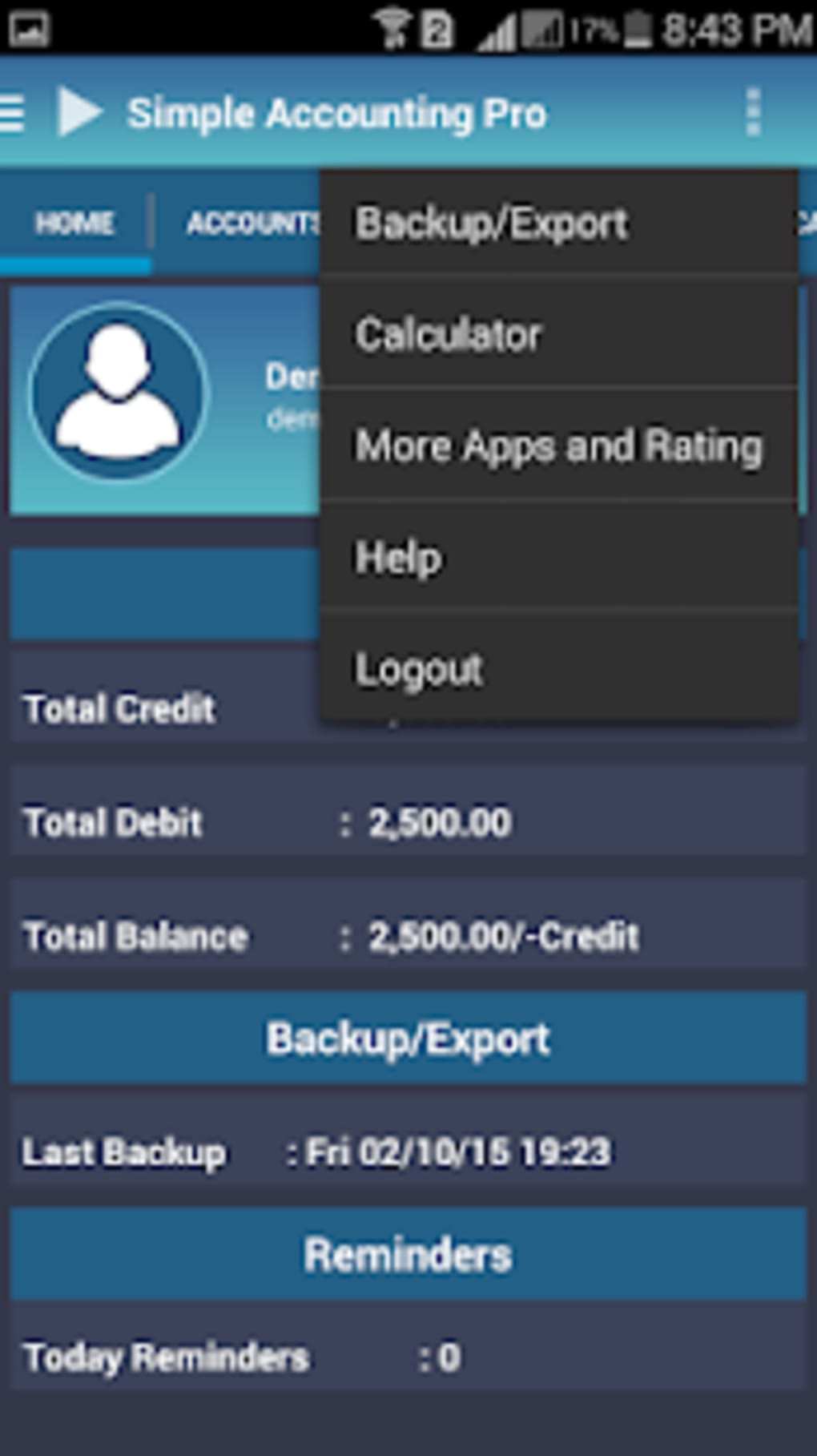
If you’re just getting started with bookkeeping, it can be hard to know where to begin. On the flip side, accountants are generally required to possess an accounting degree and some of them are state-certified CPAs. Accounting involves analysis and interpretation of the data in the company’s books, and creating financial reports.īookkeepers might have certifications that allow them to bookkeep for a few other business owners. There wouldn’t be any data to analyze without a proper bookkeeping system.Īccounting is impossible without good bookkeeping. The complexity of bookkeeping systems depends on the business’s size. It involves daily recording of financial transactions and maintaining a ledger with daily updates.Īccounting involves preparing financial statements and asset liabilities to project trends within an organization, after bookkeepers have entered financial transactions. Here’s a quick difference between the two: Bookkeepingīookkeeping’s primary function is to keep track of a company’s monetary transactions, such as revenues, expenses, investments and taxes.Īccounting is used to gather, analyze and retrieve financial information that can be used to assess a company’s financial standing.īookkeeping is an administrative and transactional activity. While bookkeeping serves as record-keeper for all financial transactions within a company accounting involves interpreting this data – providing helpful insight into fiscal performance or any potential pitfalls ahead. Bookkeeping vs Accounting: What’s the Differenceīookkeeping plays a huge role in helping businesses stay financially secure, but it can be difficult to differentiate between bookkeeping and accounting.Īt first glance the two roles may appear synonymous, but they in fact involve different activities. It is also an integral part of budgeting, planning, and reducing financial mistakes.īusiness owners, bookkeepers and accountants use bookkeeping to ensure records are accurate, complete and compliant with all laws and tax regulations whether they’re doing it manually or using automation tools like SaasAnt. It allows organizations to measure performance over time and provide accurate financial statements to tax authorities.It provides information about where the funds come from for each transaction, how they are being used, and if these resources are being invested wisely.


It involves tracking every financial transaction that takes place within your business and recording it in an orderly fashion. Bookkeeping is like the guardian angel of your company or business’s financial records.


 0 kommentar(er)
0 kommentar(er)
